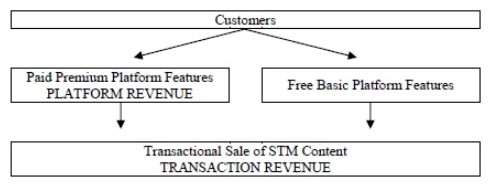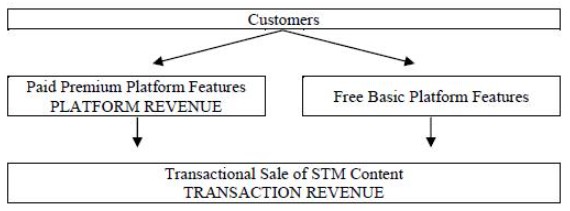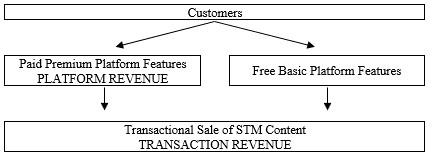2002, or Section 404. Further, Section 404 requires annual management assessments of the effectiveness of our internal controls over financial reporting.
Testing and maintaining internal controls can divert our management’s attention from other matters that are important to our business. We may not be able to conclude on an ongoing basis that we have effective internal controls over financial reporting in accordance with Section 404. If we are unable to conclude that we have effective internal controls over financial reporting, investors could lose confidence in our reported financial information and our company, which could result in a decline in the market price of our common stock, and cause us to fail to meet our reporting obligations in the future, which in turn could impact our ability to raise additional financing if needed in the future.
Our board of directors has broad discretion to issue additional securities.
We are entitled under our certificate of incorporation to issue up to 100,000,000 shares of common stock and 20,000,000 shares of “blank check” preferred stock, although these amounts may change in the future subject to stockholder approval. Shares of our blank check preferred stock provide our board of directors’ broad authority to determine voting, dividend, conversion, and other rights. As of June 30, 2022 we had issued and outstanding 27,075,648 shares of common stock and we had 7,118,468 shares of common stock reserved for future grants under our equity compensation plans and for issuances upon the exercise or conversion of currently outstanding options, warrants and convertible securities. As of June 30, 2022, we had no shares of preferred stock issued and outstanding. Accordingly, as of June 30, 2022, we could issue up to 65,805,884 additional shares of common stock and 20,000,000 additional shares of “blank check” preferred stock. Any additional stock issuances could be made at a price that reflects a discount or premium to the then-current market price of our common stock. In addition, in order to raise capital, we may need to issue securities that are convertible into or exchangeable for a significant amount of our common stock. Our board may generally issue those common and preferred shares, or convertible securities to purchase those shares, without further approval by our stockholders. Any preferred shares we may issue could have such rights, preferences, privileges and restrictions as may be designated from time-to-time by our board, including preferential dividend rights, voting rights, conversion rights, redemption rights and liquidation provisions. We may also issue additional securities to our directors, officers, employees and consultants as compensatory grants in connection with their services, both in the form of stand-alone grants or under our stock incentive plans. The issuance of additional securities may cause substantial dilution to our stockholders.
Our articles of incorporation, bylaws and Nevada law have anti-takeover provisions that could discourage, delay or prevent a change in control, which may cause our stock price to decline.
Our articles of incorporation, bylaws and Nevada law contain provisions which could make it more difficult for a third party to acquire us, even if closing such a transaction would be beneficial to our stockholders. We are currently authorized to issue up to 20,000,000 shares of “blank check” preferred stock. This preferred stock may be issued in one or more series, the terms of which may be determined at the time of issuance by our board of directors without further action by stockholders. The terms of any series of preferred stock may include voting rights (including the right to vote as a series on particular matters), preferences as to dividend, liquidation, conversion and redemption rights and sinking fund provisions. No shares of our preferred stock are currently outstanding. The issuance of any preferred stock could materially adversely affect the rights of the holders of our common stock, and therefore, reduce the value of our common stock. In particular, specific rights granted to future holders of preferred stock could be used to restrict our ability to merge with, or sell our assets to, a third party and thereby preserve control by current management.
Provisions of our articles of incorporation, bylaws and Nevada law also could have the effect of discouraging potential acquisition proposals or making a tender offer or delaying or preventing a change in control, including changes a stockholder might consider favorable. Such provisions may also prevent or frustrate attempts by our stockholders to replace or remove our management. In particular, our articles of incorporation, our bylaws and Nevada law, as applicable, among other things, provide our board of directors with the ability to alter our bylaws without stockholder approval, and provide that vacancies on our board of directors may be filled by a majority of directors in office, although less than a quorum.
We may become subject to Nevada’s control share acquisition laws (Nevada Revised Statutes 78.378 -78.3793), which prohibit an acquirer, under certain circumstances, from voting shares of a corporation’s stock after crossing specific


